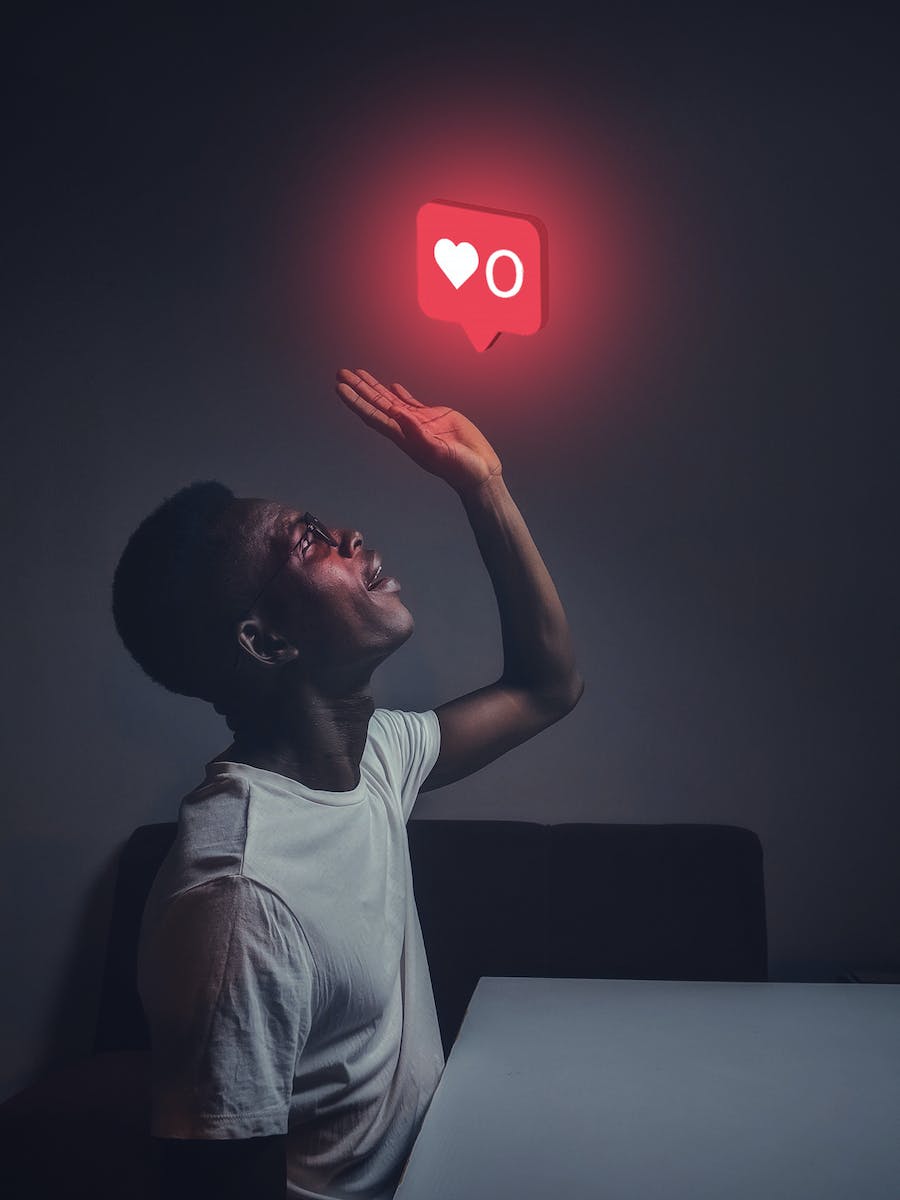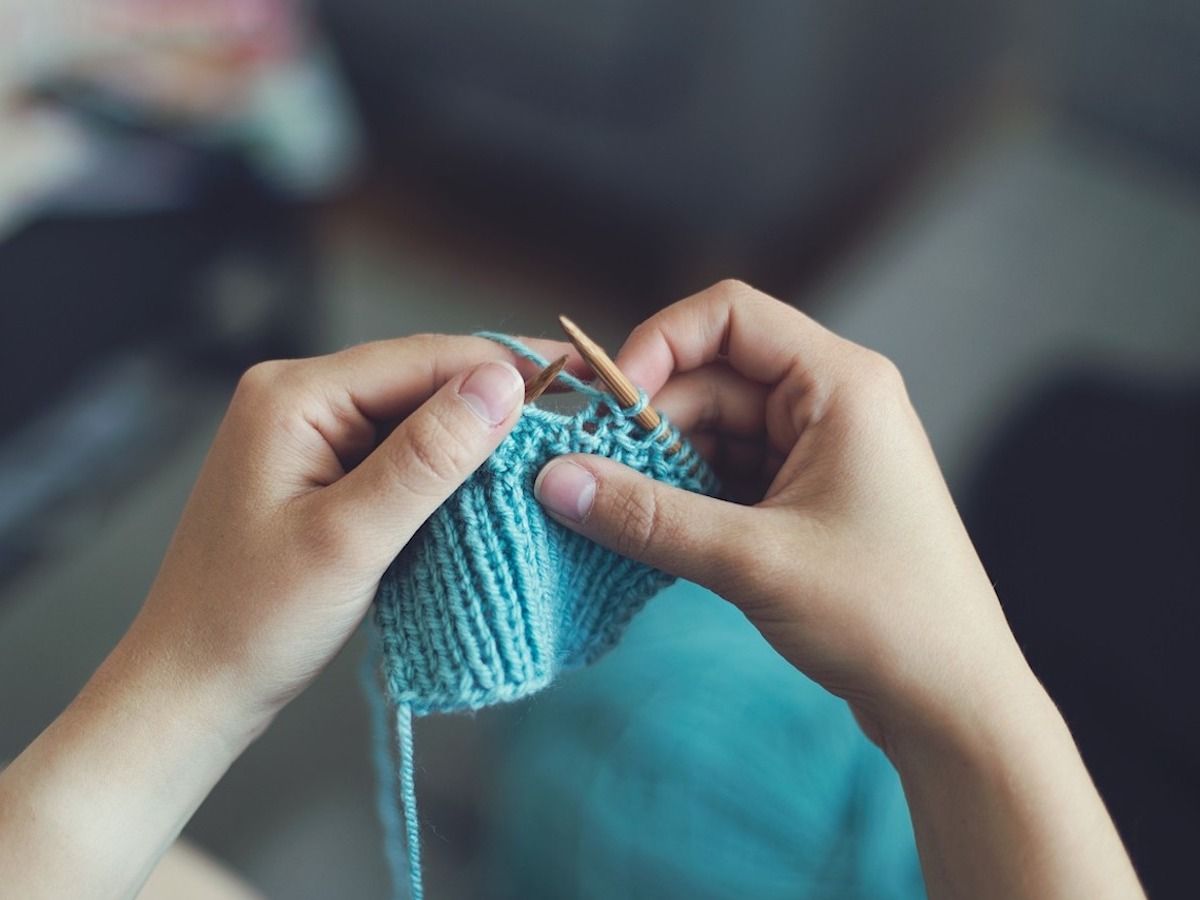Advertisement
DIY
Wayne Barnes is calling for social media trolls to be given a red card

Wayne Barnes wants social media trolls shown the red card
Introduction
Hello readers! Today we are going to discuss a very relevant topic that impacts not just sports personalities, but all people of influence. We will talk about Wayne Barnes' significant call for action against social media trolls. As one of the world’s most respected rugby referees, Barnes has recently expressed his concern over the negative ramifications of unchecked online bullying targeting sports individuals.
Barnes bravely chose to face the problem head on by speaking out against it and emphasizing the need to 'show the red card' to these internet trolls. He highlights how unjust it is for these so-called fans to hide behind screens while hurling virtual offences at athletes who are simply doing their jobs. The psychological impact this has on players and other sport professionals is surprisingly significant and often overlooked.
The issue also extends to others in the public sphere, where anyone with visibility and influence can be the subject of excessive scrutiny and demeaning commentary. Considering the power and reach of social media platforms today, it seems crucial, now more than ever, to address this pressing matter.
Let me tell you about one instance involving Wayne Barnes…. he was extensively criticised online following a controversial decision in a Rugby World Cup match. This sudden rush of hate messages discouraged him personally but also inspired him to take up the cause against online trolling.
- Barnes received countless hate-filled messages from dissatisfied viewers.
- He was blamed for influencing the outcome of what was a highly important match.
- Despite his remarkable track record as a referee, people disregarded his skills and experience because of one perceived wrong decision.
- Even though Barnes trusted that he made a fair decision at the game, the social media backlash affected his confidence significantly.
- The hurtful comments were not only aimed at Barnes, but they also extended to his family – demonstrating just how intrusive these trolls can be.
- It was both a challenging and motivating incident which later drove Barnes to stand up against social media trolls.
A Wider Problem
This issue is not confined to sports. Any public figure, from actors and musicians to journalists and politicians, are subjected to unfiltered criticism and hurtful remarks. It's the price of visibility it seems, but does it have to be? They too suffer from the harmful psychological effects of being constantly under the microscope and face unfair judgement.
In recent years, many celebrities have spoken out about their experiences with cyberbullying. Actor Leslie Jones was publicly harassed and received racist and misogynistic comments online. She temporarily left Twitter as a result. This shows the sheer impact that cruel comments can make – driving people away from platforms meant for connection and communication.
Contrarily, sometimes the constant stream of negative comments might cause celebrities to react impulsively in self-defense, leading to heightened tensions and often, even more intensifying hate speech. The cycle continues unless we proactively take measures to ‘show the red card’ to these internet trolls.
To illustrate further,…
- Singers like Taylor Swift have been at receiving end of body-shaming comments on social media.
- Television presenter Jameela Jamil has frequently made headlines for calling out society’s unrealistic beauty standards, only to be met with online abuse instead of discussions.
- Joker actor Joaquin Phoenix faced unnecessarily critical comments question his acting legitimacy.
- Harry Potter author, J.K. Rowling experienced trolling due to her outspoken views on various societal concerns.
- Meghan Markle, the Duchess of Sussex, has also been victimised by relentless social media scrutiny especially after stepping back from royal duties.
- Comedian Pete Davidson highlighted his struggle with mental health issues accentuated by constant social media trolling.
Internet Troll – Who Are They?
If we are to tackle the issue of internet trolls, it's important to understand who they are. Internet trolls are individuals who post provocative, offensive, or disturbing messages on social media platforms with an intent to upset or incite an emotive response in their targets.
It is not uncommon for trolls, anonymous or not, to be motivated by various factors such as successfully rallying reaction from others, having a distorted sense of humour, seeking attention, or being naturally inclined towards cyberbullying due to lack of control over impulses and resentment.
One dimension to this that’s concerning is that trolling behaviour is often observed in everyday users. That’s right, online aggressors can potentially be anyone – from your next-door neighbour to a co-worker or even a supposed friend. For some, digital platforms provide a mask of anonymity enabling them to act out without bearing personal consequences.
Consider this…
- A former schoolmate trolls another under the guise of criticism, harassing the individual with derogatory comments on Facebook posts.
- An anonymous user decides to vent out his frustrations from work-life by leaving hateful comments on YouTube videos and Instagram posts.
- A user operating under a pseudonym frequently leaves racist remarks on Twitter threads to incite anger and fuel divisive conversations.
- There have been cases where professional rivals resort to posting slanderous information about peers on LinkedIn.
- A seemingly innocent prank between friends escalates into a full-blown case of online stalking when one of them starts leaving bullying comments on all posts made by the other.
- A ‘fan’ spurs negative body-image issues in an influencer by constantly criticizing their photos and demeaning their appearance.
Psychological effects of trolling on victims
Many dismiss trolling as a harmless side-effect of the increase in online communication. Unfortunately, this dismissive attitude fails to recognize the real harm such abuse can cause. The emotional and mental toll that trolling takes on victims is undeniable, with many studies linking cyberbullying to depression, anxiety, and even self-harm.
People who face regular online abuse often exhibit symptoms similar to post-traumatic stress disorder (PTSD). They may suffer from low self-esteem, develop a fear of scrutiny, and feel isolated even when surrounded by real-life friends and loved ones. This, in turn, can hugely impact their professional performance as well, especially for individuals whose work requires them to be in the public eye.
Moreover, some victims may also go through stages of questioning their worth and abilities – leading to self-doubt and possible imposter syndrome. Let’s face it, nobody enjoys being criticised. However, constructive criticism to foster growth is very different from harsh, baseless comments that just aim to demoralize someone.
To put this into perspective,
- An emerging singer constantly receiving negative feedback on her music videos eventually starts doubting her singing capabilities and considers quitting.
- A fitness instructor facing body shaming trolls suffers a setback in confidence levels, negatively impacting his quality of training sessions.
- A budding journalist repeatedly getting belittled about her take on certain social subjects develops severe self-doubts, compromising her objectivity and commitment towards her job.
- When a renowned painter faces regular backlash in form of adverse remarks about his artwork, he may start questioning the value of his work leading to creative stagnancy.
- The unfair focus on appearance might push models into risky diets and unhealthy lifestyle habits.
- Actors have admitted how constant trolling has made them more conscious about every move and decision, thus not allowing them to experiment or make bold career moves.
Summary Table
| Title | Brief Description |
| — | — |
| Wayne Barnes' Experience | Wayne Barnes, a renowned rugby referee, experienced social media trolling resulting from a controversial decision in a Rugby World Cup match |
| Wider Problem | Celebrities and public figures across different fields also suffer from cyberbullying |
| Internet Trolls – Who are they? | These individuals harass others by posting offensive or disturbing messages on the internet |
| Psychological Effects on Victims | Trolling can lead to serious mental health issues such as depression, anxiety, low self-esteem, fear of scrutiny, and feeling of isolation |
Moving Forward – Taking Action Against Trolling
So what can we do to stop this negativity spread by trolls? There are a few different ways…
In reality, and in response to the increasing instances of online harassment, organizations have been prompted to institute strict community guidelines that promote healthier interactions. Social media platforms like Twitter, Facebook, and Instagram have all implemented systems to report abusive behaviour and posts.
Moreover, it’s crucial for victims to remember it isn’t their fault. It's essential to draw strength from loved ones and peers and give importance only to valid feedback. Having mental counselling support helps too. There’s no shame in asking for help when it becomes too much.
Educational institutions, workplaces, and families should all actively work towards promoting responsible digital citizenship. Cyber ethics should be taught early and reinforced at regular intervals to prevent future incidents of online trolling or bullying.
Consider these actions….
- Instagram has a restrictive comment feature (currently in trial stage) which allows users to approve comments before they are visible to the public.
- Twitter encourages reporting any tweets involving personal attacks or hateful conduct. The reported tweets are reviewed and necessary action is taken.
- Software like Sentropy, which uses AI to detect online abuse, are being developed and implemented.
- Film celebrities have joined hands to run an anti-cyberbullying campaign aimed at educating people about the harmful effects of trolling.
- Schools and universities provide sessions on responsible use of social media and instill principles of empathy and respect in online communications.
- Psychological counselling offered to victims of cyber-abuse not only helps them recover but also empowers them to face any potential incidents in future confidently.
Wayne Barnes’ Initiative – A Step Towards Change
To conclude, Wayne Barnes' call to 'show the red card' to internet trolls is a crusade we all need to actively participate in. His voice isn’t just his own, it speaks for thousands of victims who face regular online harassment and bear the brunt of it silently.
Barnes’ request encourages us to rethink our approach towards online interactions. We should aim to make our digital spaces safer and more inclusive. Social media platforms need to ensure responsibility alongside visibility. Kindness and empathy should be the driving ideas behind every comment we post, or like/share that we make.
Hopefully, with persistent efforts in improving online conduct, promoting respectful discussions, and discouraging trolling, we can make our cyberspace a positive landscape where incidents of retaliation and humiliation become obsolete.
Just how Barnes tackled this issue…..
- Barnes faced online trolling bravely, using it as motivation rather than letting it discourage him.
- He brought out his struggle publicly encouraging widespread discussions about cyberbullying's damaging effects.
- Barnes used his influence to take a stand against such negative online behaviours.
- He has continued to engage actively with fans while ensuring to keep his communications positive and encouraging.
- Barnes' bravery has inspired other victims of cyberbullying to not feel ashamed about their experiences but instead, address it openly.
- His strong stance against trolling serves as a reminder that no matter how small a step may seem, it is the first towards change. And every step counts!
Lastly, in showing the ‘Red Card’ to trolls, we’re making a powerful statement. The message is clear: no one should have to face abuse for simply doing their job, or expressing opinion or just living their life on their terms. It’s brick by brick, step by step, till we build an internet culture where empathy rules over enmity.












